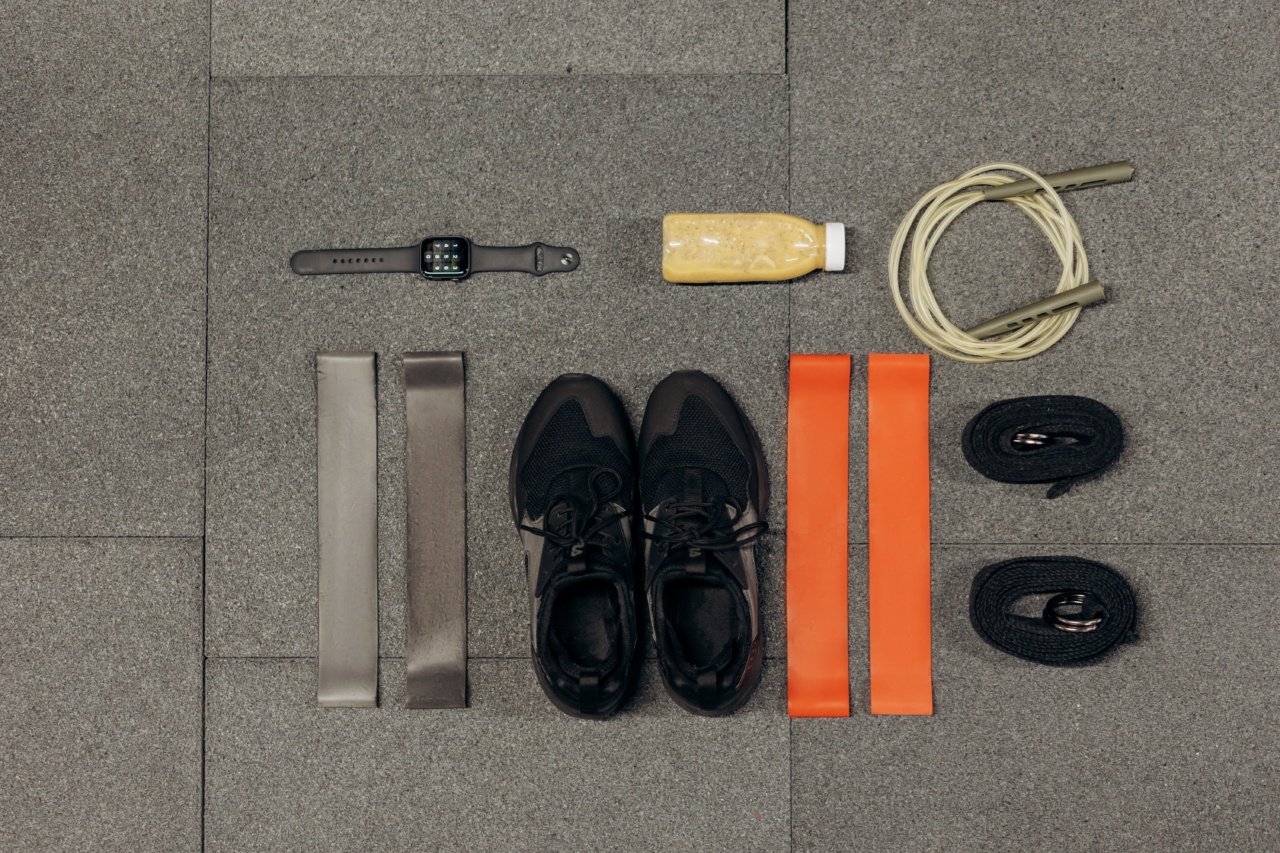Fitness is an essential aspect of a healthy lifestyle. It not only helps in maintaining a healthy weight but also boosts energy levels and improves overall well-being.
However, starting a fitness program can be overwhelming, especially with the wide variety of options available. In this article, we present an effective fitness program that will help you get fit and feel great.
1. Set Realistic Goals
Before embarking on any fitness journey, it is crucial to set realistic goals.
Whether it’s losing a certain amount of weight, running a marathon, or simply improving your stamina, clearly defining your goals will give you a sense of direction and motivation.
2. Consult a Professional
Seeking guidance from a fitness professional is highly recommended, especially if you are new to exercise or have any underlying health conditions.
They can assess your current fitness level, help you set realistic goals, and design a personalized program to suit your needs.
3. Exercise Variety
Variety is the spice of life, and it applies to fitness too. Incorporate a mix of cardiovascular exercises, strength training, and flexibility workouts into your routine.
This combination will help improve endurance, build muscle, and enhance flexibility.
4. Cardiovascular Exercises
Cardiovascular exercises, such as running, cycling, swimming, or brisk walking, are essential for improving heart health, burning calories, and boosting overall fitness.
Aim for at least 150 minutes of moderate-intensity cardiovascular exercise per week.
5. Strength Training
Strength training is crucial for building and toning muscles, improving bone density, and increasing metabolism. Incorporate exercises that target major muscle groups, such as squats, lunges, push-ups, and weightlifting.
Aim for at least two strength training sessions per week.
6. Flexibility Workouts
Flexibility workouts, such as yoga or stretching exercises, help improve joint mobility, prevent injuries, and enhance overall body flexibility.
Dedicate a few minutes each day to stretch major muscle groups and incorporate a weekly yoga or Pilates session.
7. Proper Nutrition
Fitness is not just about exercise; it also requires a balanced and nutritious diet. Ensure your meals are rich in lean proteins, whole grains, fruits, vegetables, and healthy fats. Stay hydrated by drinking plenty of water throughout the day.
8. Sleep and Recovery
Rest and recovery are equally important for achieving fitness goals. Aim for 7-8 hours of quality sleep each night to allow your body to repair and rejuvenate.
Overtraining can lead to fatigue and injuries, so listen to your body and incorporate rest days into your schedule.
9. Track Your Progress
Keep a record of your workouts, dietary habits, and progress to stay motivated. Tracking your progress not only helps you celebrate your achievements but also allows you to identify areas that need improvement.
Consider using fitness apps or journals to monitor your journey.
10. Stay Motivated
Maintaining motivation is key to the success of any fitness program. Surround yourself with positive influences, find a workout buddy, reward yourself for reaching milestones, and mix up your routine to prevent boredom.
Conclusion
Starting a fitness program can be challenging, but with the right mindset and approach, you can achieve your fitness goals and feel great.
Remember to set realistic goals, consult professionals, incorporate diverse exercises, maintain a balanced diet, prioritize rest, and track your progress. Stay motivated, and you’ll experience the countless benefits of a fit and healthy lifestyle.






























